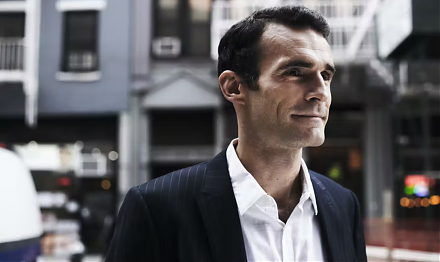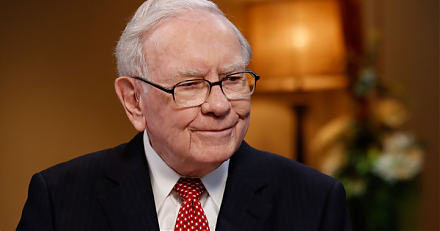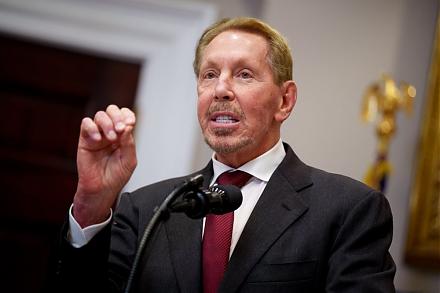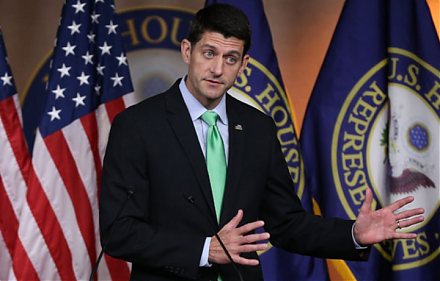

2019-02-07 07:25:00 Thu ET
technology antitrust competition bilateral trade free trade fair trade trade agreement trade surplus trade deficit multilateralism neoliberalism world trade organization regulation public utility current account compliance
President Trump picks David Malpass to run the World Bank to curb international multilateralism. The Trump administration seems to prefer bilateral negotiations for favorable fiscal budgets and trade deals. The World Bank serves the core mission of extending $10+ billion loans to low-income countries to fund investment projects from global markets. A close competitor is the Chinese Infrastructure Investment Bank that uses dollar diplomacy to win allies without stringent concessions (which the World Bank often would require due to multilateral involvement).
Justin Sandefur, senior fellow at the Center for Global Development, suggests that Malpass shows disdain for the World Bank mission of fighting global poverty just as John Bolton, U.S. national security advisor, shows respect for numerous U.N. endeavors. Thus, the recent nomination of David Malpass as World Bank president threatens an implicit multilateral agreement that the U.S. appoints the head of the World Bank while European Union appoints the head of the International Monetary Fund (IMF). The current IMF head, Christine Lagarde, is a former French finance minister and warns against the Sino-American trade war, which may be detrimental to the long-term global economic revival. The Malpass appointment may hence tilt the delicate balance from E.U. multilateral agreement toward U.S. dominance.
If any of our AYA Analytica financial health memos (FHM), blog posts, ebooks, newsletters, and notifications etc, or any other form of online content curation, involves potential copyright concerns, please feel free to contact us at service@ayafintech.network so that we can remove relevant content in response to any such request within a reasonable time frame.
2023-10-07 10:24:00 Saturday ET

Thomas Philippon draws attention to greater antitrust scrutiny in light of the rise of market power and its economic ripple effects. Thomas Philippon (20
2018-08-31 08:42:00 Friday ET

We share several famous inspirational stock market quotes by Warren Buffett, Peter Lynch, Benjamin Graham, Ben Franklin, Philip Fisher, and Michael Jensen.
2025-10-02 12:31:00 Thursday ET

Stock Synopsis: With a new Python program, we use, adapt, apply, and leverage each of the mainstream Gemini Gen AI models to conduct this comprehensive fund
2018-12-01 11:37:00 Saturday ET

As the solo author of the books Millionaire Next Door and Richer Than Millionaire, William Danko shares 3 top secrets for *better wealth creation*. True pro
2018-12-23 13:39:00 Sunday ET

The House of Representatives considers a government expenditure bill with border wall finance and therefore sets up a shutdown stalemate with Senate. As fre
2025-07-26 09:26:00 Saturday ET

Nir Eyal and Ryan Hoover explain why keystone habits lead us to purchase products, goods, and services in our lives. The Hooked Model can help shine new lig